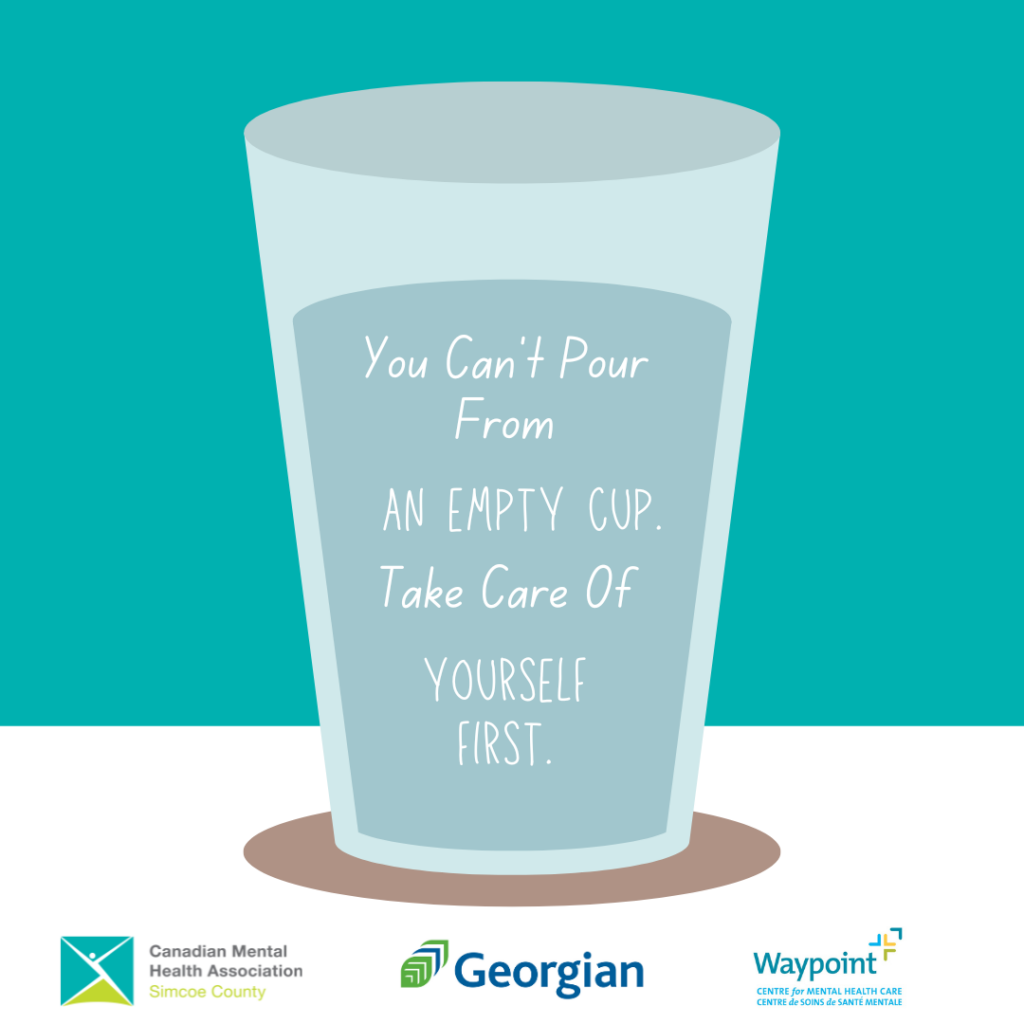Menu Close
Self-Care for Caregivers, Families, and Friends Supporting a Loved One with Addiction

Caring for a loved one who struggles with addiction can be emotionally and physically draining. While your instinct may be to prioritize their well-being, it’s crucial to remember that you matter too. Maintaining your own mental and emotional health ensures you can be a more effective source of support. Here’s a guide to self-care for caregivers, families, and friends:
1. Acknowledge Your Emotions
Dealing with a loved one’s addiction often stirs up complex emotions—anger, sadness, fear, guilt, and even shame. It’s okay to feel these emotions. Acknowledging them without judgment is the first step in understanding your own needs and boundaries.
2. Set Healthy Boundaries
Boundaries are essential to protect your mental health and maintain healthy relationships. Being there for your loved one doesn’t mean sacrificing your own needs. Set clear limits about what behavior you will and won’t accept and communicate those boundaries respectfully but firmly.
3. Don’t Take Responsibility for Their Actions
It’s easy to fall into the trap of feeling responsible for your loved one’s addiction or recovery. Remember, their actions and choices are beyond your control. You can offer support, but their journey to recovery is their own to take.
4. Seek Support for Yourself
You don’t have to go through this alone. Support groups for families and friends of people struggling with addiction, like Al-Anon or Nar-Anon, offer a space to share experiences and learn coping strategies. Therapy or counseling can also be invaluable in helping you process your emotions.
5. Practice Self-Care
Taking care of yourself is not selfish—it’s necessary. Ensure you are getting enough rest, eating well, and making time for activities that bring you joy. Even small moments of self-care, like going for a walk or practicing mindfulness, can make a big difference.
6. Educate Yourself About Addiction
Understanding addiction as a disease can help alleviate frustration and confusion. Learn about how addiction works, the stages of recovery, and what kinds of support your loved one might need. This knowledge can empower you to approach their situation with more empathy and patience.
7. Focus on What You Can Control
You cannot control your loved one’s choices, but you can control how you respond. Focus on maintaining a balanced life, keeping up with your own interests, and nurturing your own emotional and mental well-being.
8. Give Yourself Permission to Step Away
It’s okay to take breaks. Constant caregiving can lead to burnout, which benefits no one. Taking time to recharge doesn’t mean you are abandoning your loved one; it means you are strengthening yourself to continue supporting them.
9. Celebrate Small Victories
Recovery is a long journey with ups and downs. Celebrate small victories, both for your loved one and yourself. Whether it’s a day without conflict or simply having an open, honest conversation, recognizing progress helps keep hope alive.
10. Let Go of Guilt
It’s common for caregivers to feel guilt when taking time for themselves. Remind yourself that you cannot pour from an empty cup. Self-care is essential, not a luxury. By prioritizing your well-being, you’re better able to offer sustained, meaningful support.
Support is Available
You don’t have to navigate this journey alone. CMHA SCB offers a variety of resources and support services for caregivers, families, and friends of those struggling with addiction. Whether you need counseling, support groups, or educational resources, help is available. Find out more about how CMHA SCB can support you and your loved one at Families – CMHA Simcoe County (cmhastarttalking.ca)
Remember, taking care of yourself is one of the most important things you can do—both for your own well-being and for the well-being of those you care about.
